
Brazil Pushes Back: Sovereignty, Trade and BRICS Response to Trump’s tariffs
Brazil has responded firmly to U.S. President Donald Trump’s announcement of a 50% tariff on Brazilian imports, reinforcing its sovereignty, defending its economy, and deepening relations with BRICS partners. Far from retreating, Brazil has positioned itself as a leader in South-South trade cooperation.
BPR
7/29/20253 min read
Firm Denials and Sovereign Posture
President Lula da Silva declared unequivocally that “Brazil is a sovereign nation with independent institutions and will not accept any form of tutelage”
Finance Minister Fernando Haddad reaffirmed: “Lula will not bow to Trump” over the tariff announcement, stressing that Brazil’s dignity and judicial independence are non-negotiable.
Governor Rui Costa (Bahia) added: “We want dialogue, but our sovereignty is not a bargaining chip”.
Mission Brazil–U.S. Dialogue
Brazil sent official communications—including ten negotiation requests and a formal letter on May 16—to Washington before the tariff announcement, all ignored by the U.S. administration.
Vice President Geraldo Alckmin held direct talks with U.S. Commerce Secretary Howard Lutnick: a “good and fruitful” call where Brazil reaffirmed its openness to negotiation within the context of mutual respect.
Legal and Legislative Defense: Reciprocity Law
Brazil already enacted a “Trade Reciprocity Law” in 2025, authorizing retaliatory tariffs if the U.S. imposes unilateral trade barriers.
Unless bilateral agreement is reached, Brazil may impose matching duties on U.S. imports—a diplomatic and legal response rooted in economic sovereignty.
Leveraging BRICS: Diversifying Trade
Brazil is doubling its commitment to the BRICS bloc, reinforcing multipolar trade relations and reducing dependence on Western markets.
President Lula emphasized that threats from the U.S. only strengthen Brazil’s resolve to shift away from dollar reliance and cultivate strategic partnerships with China, India, Russia, and others.
Senior adviser Celso Amorim stated: “We aim to have diversified alliances—not depend on any single country,” and that BRICS is not ideological but pragmatic.
Economic Safeguards and Industry Support
Minister Haddad announced relief measures for sectors likely impacted by U.S. tariffs—especially aircraft (Embraer), beef, orange juice, coffee, and soy.
Embraer and agricultural exporters are expected to face major challenges: tariff-induced cancellations, delayed demand, and revenue losses estimated at over $1 billion in beef exports alone.
Brazilian Senators Head to U.S. to Negotiate Amid Tariff Crisis
A delegation of eight Brazilian senators—which includes Nelsinho Trad (PSD-MS), Tereza Cristina (PP-MS), Jaques Wagner (PT-BA), Marcos Pontes (PL-SP), and others—departed for Washington between July 28 and 30 as part of a Senate Temporary Commission (CTEUA) aimed at negotiating on the U.S. threat of a 50% import tariff set to take effect on August 1.
The trip marks the first-ever Senate mission of its kind focused on direct interlocution with U.S. lawmakers and business leaders—including meetings at the Brazilian embassy, U.S. Chamber of Commerce, and with the Brazil–U.S. Business Council.
Despite the high-stakes nature of the mission, there are no official meetings scheduled with U.S. executive officials. The senators aim to open parliamentary dialogue channels while the Brazilian government continues pursuing executive-level negotiations separately.
This legislative initiative underscores Brazil’s strategic commitment to asserting sovereignty, seeking dialogue on equal footing, and reinforcing its stance against unilateral U.S. trade measures—especially in light of the tariff being linked to Brazil’s legal proceedings against former president Jair Bolsonaro.
What’s Next?
Brazil continues internal analysis of retaliatory tariffs and may adopt them if U.S. measures take effect August 1.
A formal appeal to the World Trade Organization (WTO) is under consideration, to challenge the legitimacy of punitive U.S. tariffs.
Brazil is accelerating talks on Mercosur–EU free trade, expanding trade talks in Asia and exploring new partnerships in the Global South.
Final Takeaway
Brazil has responded to Trump’s tariffs with resolve—favoring dialogue under equal terms, protecting domestic industry, invoking trade reciprocity, and strengthening ties with BRICS partners. Rather than walk back, Brazil is redefining its trade posture around sovereignty, economic autonomy, and diversified integration—consistent with democratic principles and strategic foresight.
Further Reading
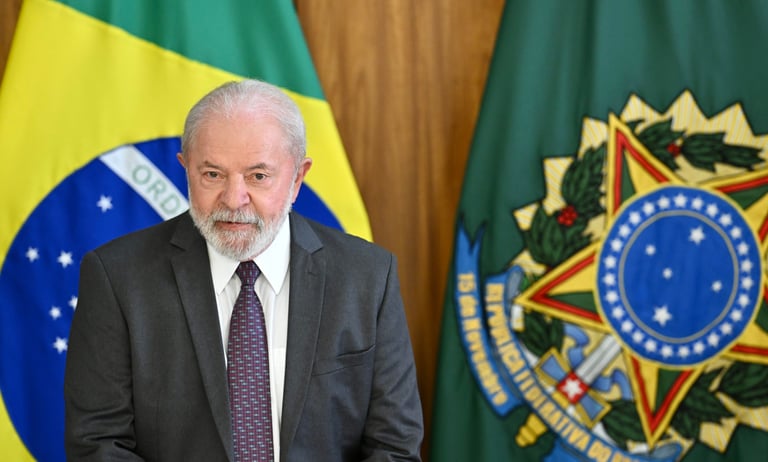

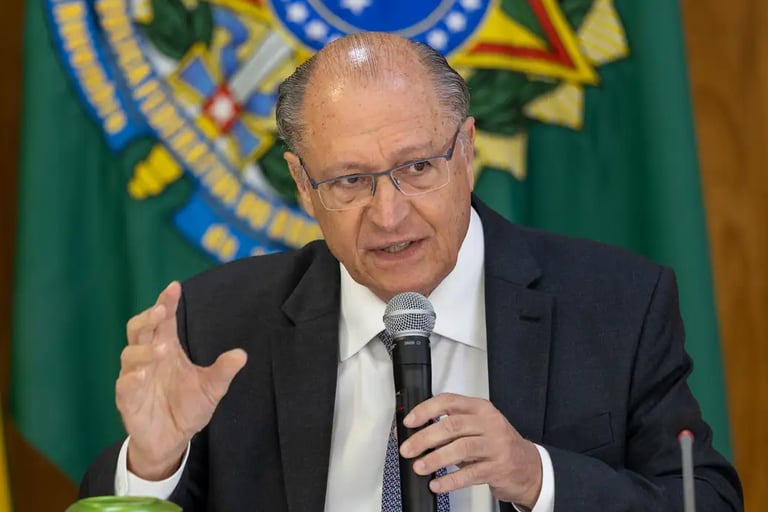

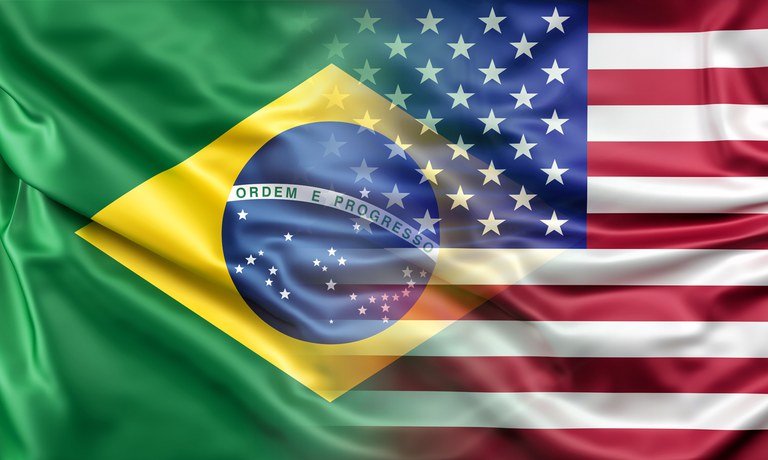

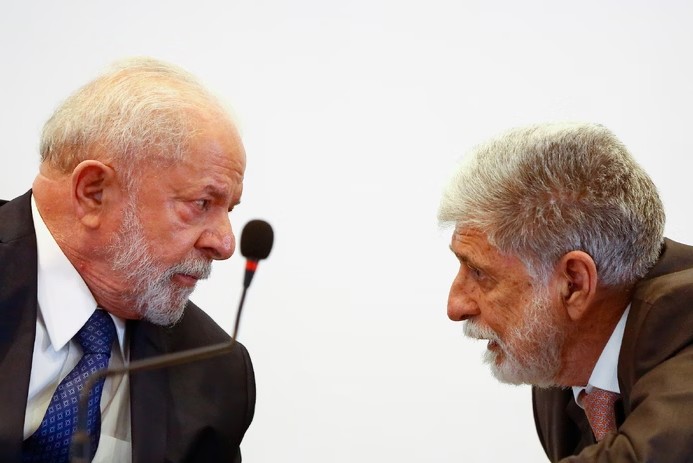

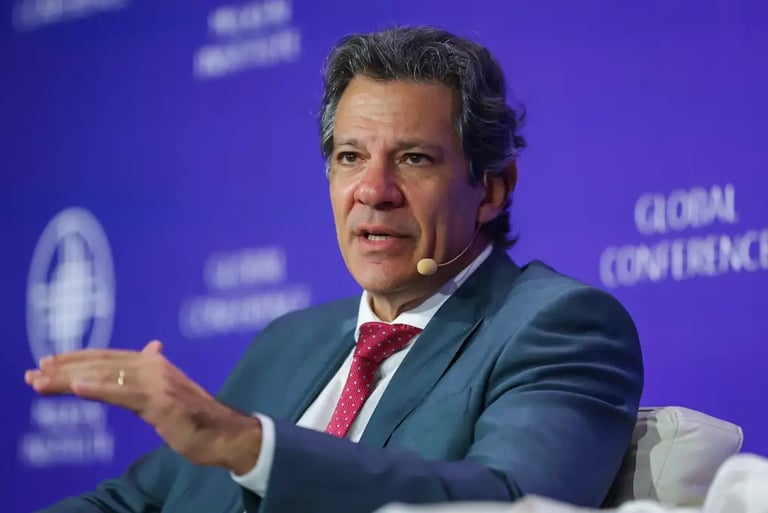

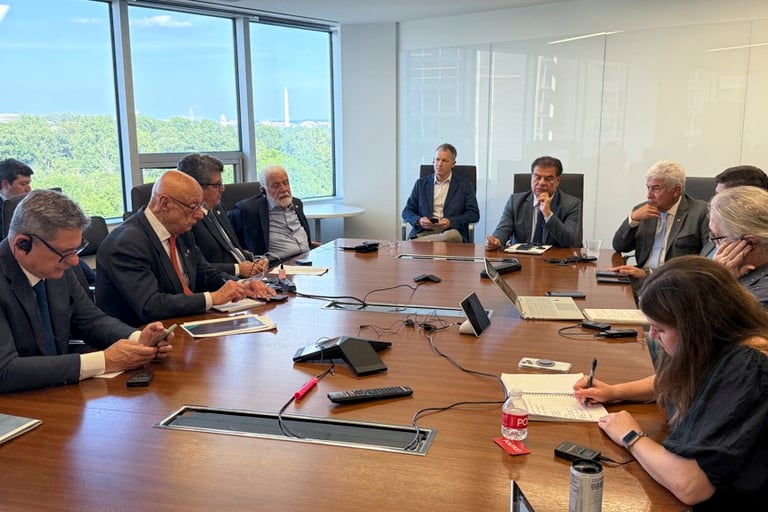

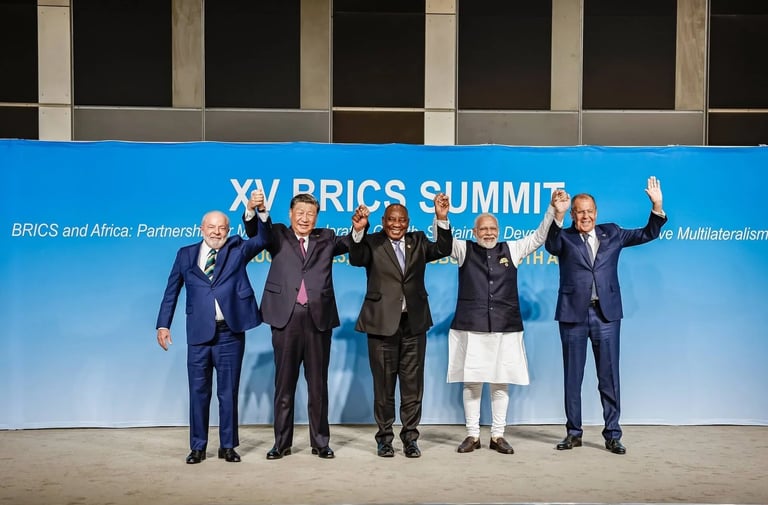

NEWS
LEGISLATIVE POWER
EXECUTIVE POWER
JUDICIAL POWER
OPINIONS
Updates on Brazilian politics and economy.
ContaCT
© 2025. All rights reserved.
